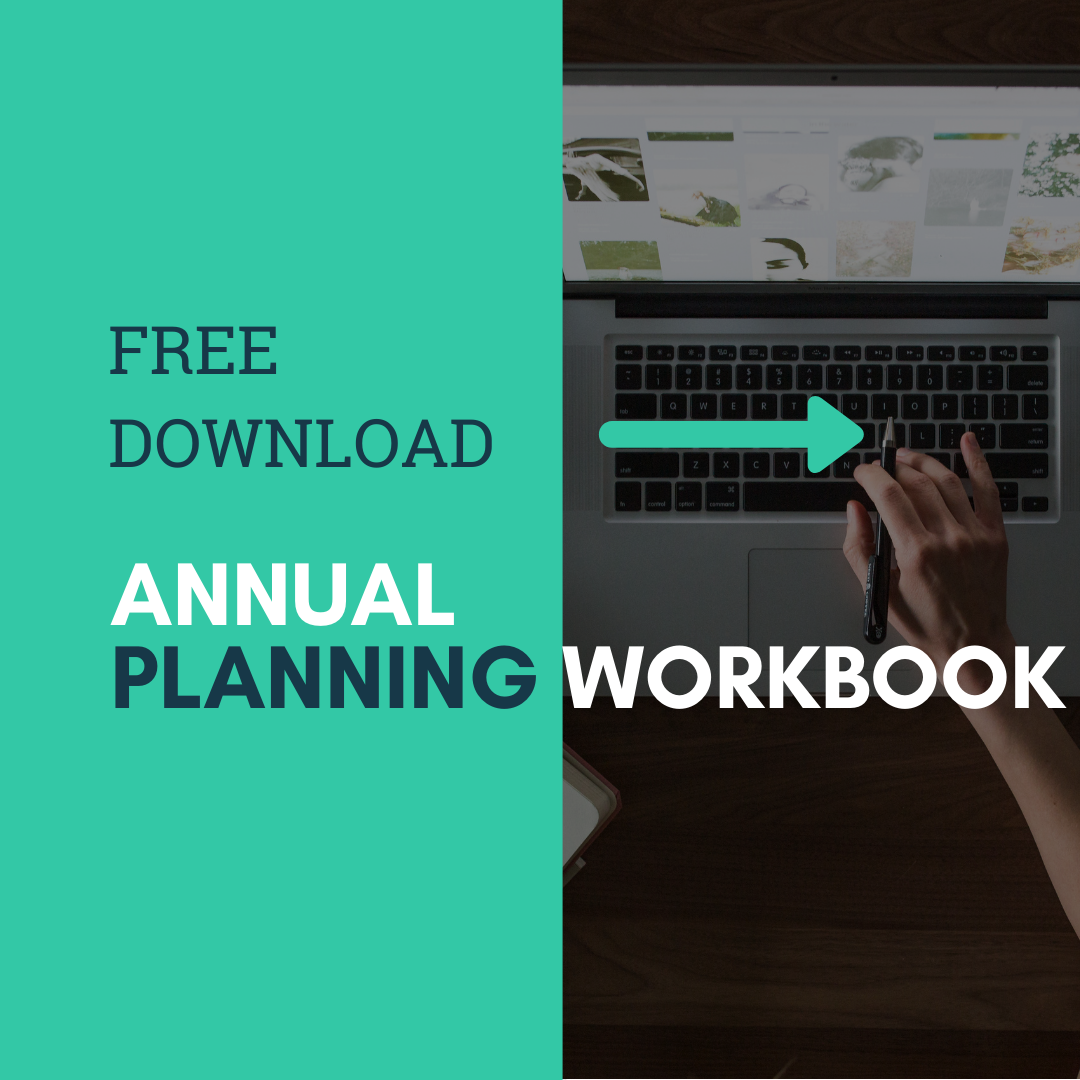Budgeting For Two
Last week we talked a little bit about budgeting, and how quick, easy and painless it is to actually get started writing and keeping a monthly budget. Today I wanted to jump on and talk a little bit about how to share financial responsibility with your partner. I myself have been married for six years, almost seven years. We’ve been together for 11 years, and living together for eight or nine years. So figuring out combining finances bit, has been a huge part of our relationship.
Those of you who keep up on any of the trends in terms of relationships know that finances tends to be a leading cause for divorce or for separation. And so being able to talk, and be transparent and clear about what’s happening with the money is a big deal for relationships. So if you can get this right, you’re already winning, right?
Four Keys to Household Budget Success
1.How Many Accounts?
When it comes to figuring out your finances, the first thing you really gotta figure out is how the accounts are gonna be set up. Do you have your own personal account? Do they have their personal account? For household things that you share, will there be a third account? Or do you decide to put everything in one giant pot with a joint account, and then are monitoring it that way?
Get really clear about that. What is comfortable for each of you? Before you became a couple you probably had your own accounts, and there’s nothing wrong with keeping that situation going and then just adding a new system for how you’re going to share expenses.
If both of you feel comfortable with a joint account, then you can pursue that option. Then, of course, having your regular budget meeting is gonna be just that much more important, since both of you are going to be sharing funds for any and everything in your life. Get clear on that right up front:
- Do we do joint account?
- Should we keep it separate?
- What about a household account?
- How are we managing it?
2. Super Short Meetings Only
The second thing that I want to throw out there is making the budget meeting super short and painless. We have a rule in our house that the budget meeting cannot be longer than 17 minutes. and when we started implementing that rule, I actually would set a timer, and after 17 minutes the meeting was over and the budget was what it was. I don’t set a timer anymore but the meetings remain quick check ins instead of marathons. Consistency and frequency help with that.
We have a set time and date in our calendar every week
Budget regularly. We have a set time and date in our calendar every week. We budget on Thursday nights before Friday payday. Because in our house we both get paid every other week, and that works out nicely that one week he gets paid, one week I get paid. So Thursdays we come together for our 17-minute meeting to review how money’s gonna be spent for that week. Keep it really short.
3. Know Your Role
Now, the third thing I’m gonna give you guys is the how you keep it short. And that’s by making sure that each of you know what part you play. So I am much more of the saver. I love playing with the budget and digging in on it. And so as the saver person, I am the one who preps the budget every week, and then my husband, he’s more of a spender. He doesn’t really like looking at the budget at all. And so the way that we manage that in our house is, I prep the budget for the meeting, I bring it to him on Thursday. He double-checks that he’s cool with everything. Sometimes he tweaks some things. He asks some questions, I ask some questions, and then we put those hard numbers into some budgeting software that we use to keep track for the week, and for the month. 
But that is how we make sure these meetings are quick. By not allowing what each of us is good at to infringe upon the other person. I could spend hours going through the budget, but he doesn’t want to do that. And he wants to make it really quick and simple, but I don’t want to do that. So I do what I need separate, and he comes to the meeting and provides the input that he needs. We’re both involved, but just in very different ways.
Make sure, really clear, like what is your role in the relationship around money? So there’s a little bit of psychology going on there.
- What is your role?
- How do you feel about it?
- How do you want to approach the budget?
And then, how can you show up and contribute that in the best way for your relationship in this really short meeting? So that’s the third thing, know your role, and stay in your lane when it comes to these meetings.
4. Learn to Give and Take
And the last thing that I want to give you guys in terms of managing budget is that you have to compromise around joint financial stuff. You’re probably gonna have different priorities. You were raised differently. And brought up to think about money differently. When it comes to how money should be spent, there’s probably gonna be some things that you’re not 100% in agreement on. And that’s okay. That’s totally normal, which is why you have these regular meetings to touch base.
Make budgeting a habit. It’s a great way to get to understand your partner, and understand their relationship with money. And the more you can talk about it and kind of explore “Oh, why are you thinking about it that way? I hadn’t thought of it that way. Why don’t we consider this? Could we try …” you will come up with a new way to work with money together that helps you both form a healthier relationship with money.
Stop Monkeying Around
So keep that in mind. Money management is not an exact science. I think they say if monkeys threw darts at a chalkboard for a year, they would get equally good results as a professional money manager in stocks. But for you and your house, there is a great opportunity to leverage the money management as a tool for your  relationship to grow. And of course, for your family and your legacy to grow too. Combining finances is all about what you can build together.
relationship to grow. And of course, for your family and your legacy to grow too. Combining finances is all about what you can build together.
So I hope that helps you out, you guys. Those are my four big nuggets. Decide on the accounts, stay in your lane, keep the meeting super, super short, and be open to coming up with new ideas for how you manage and prioritize the budget items in your life. And please drop a comment and let me know what you discover what works for you as you dig into combining finances.









